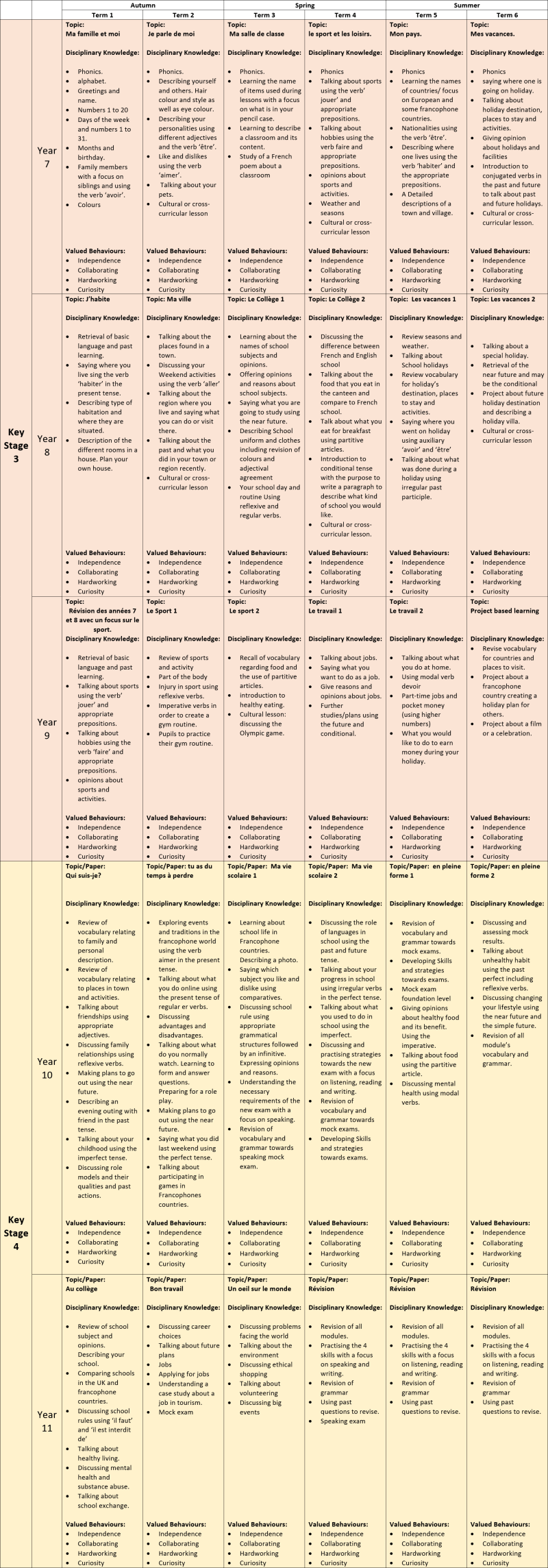
St Peter's School
St Peter's Road, Huntingdon
Cambridgeshire PE29 7DD
St Peter’s School is part of The Cam Academy Trust, a company limited by guarantee and registered in England and Wales with company number 0749 1945.
The registered office is The CAM Academy Trust, Sheepfold Lane, Cambourne, Cambridge CB23 6FR